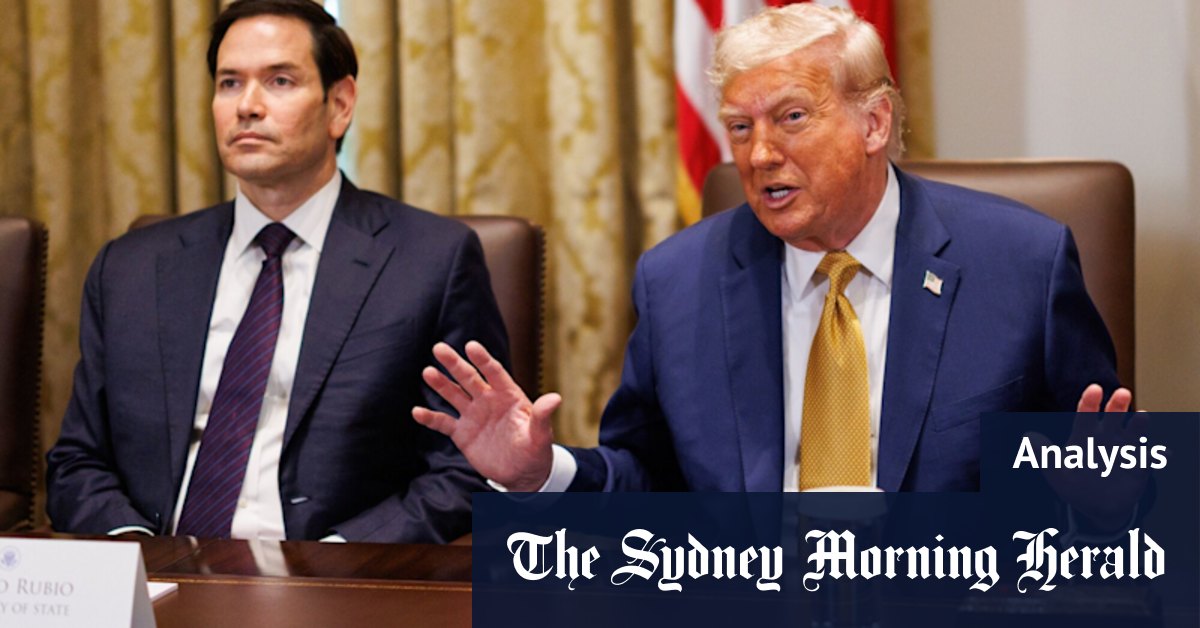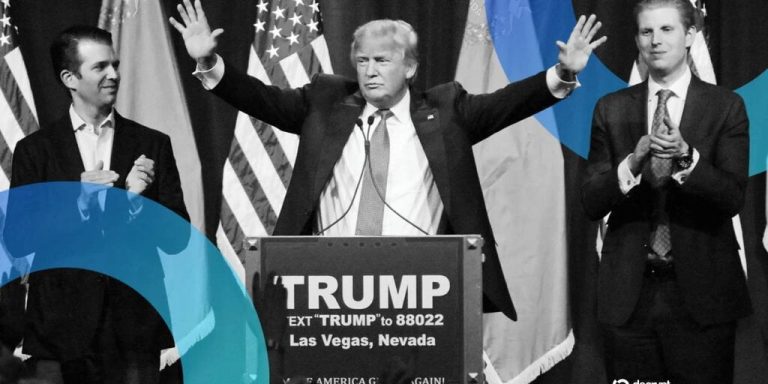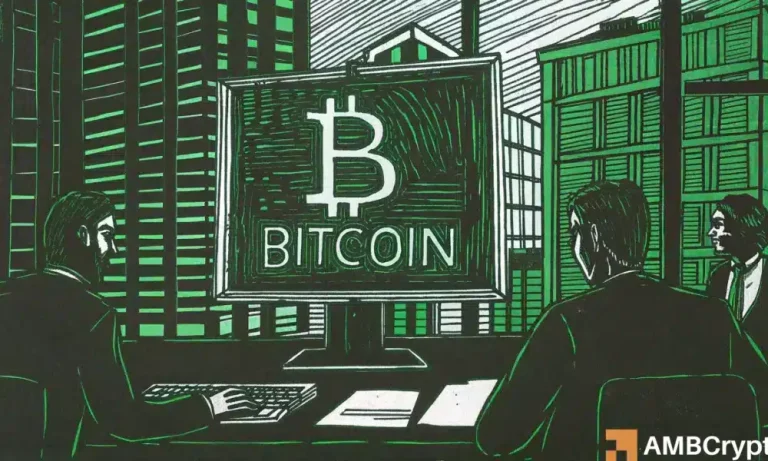
In the complex arena of international diplomacy, high-stakes negotiations must often occur behind closed doors to succeed. Such was the point repeatedly emphasized by US Secretary of State Marco Rubio during his recent appearances on Sunday morning political talk shows. However, a single social media post from former President Donald Trump has rekindled debate over whether public discussions are thwarting progress in Ukraine’s ongoing war with Russia.
Rubio’s Consistent Plea for Discretion
Marco Rubio spent his Sunday underscoring a basic principle of diplomacy: agreements are best made through private, strategic communication rather than public grandstanding. Speaking on ABC’s This Week, Rubio stated plainly: “These peace deals, these peace agreements and negotiations, they don’t work when they’re conducted in the media, either through leaks or through lies.”
He elaborated on CBS’ Face the Nation, explaining that both Russia and Ukraine would have to compromise for peace to be possible: “We’re not going to negotiate this in the media… They’re going to have to accept things, but they’re going to have to get things, too.”
Rubio’s comments reflected a nuanced understanding of the negotiation process, which he reiterated on Fox Business. Successful diplomacy, he argued, requires neither side to feel completely defeated, as doing so risks prolonging conflict rather than resolving it. According to Rubio, “If one side gets everything they want, that’s not a peace deal. It’s called surrender.”
Trump’s Social Media Post Undermines the Strategy
Despite Rubio’s consistent, clear messaging, his appeal for diplomatic discretion was complicated by Donald Trump’s activity on Truth Social. In a post viewed by millions, Trump directly addressed Ukraine’s President Volodymyr Zelensky, stating: “President Zelensky of Ukraine can end the war with Russia almost immediately, if he wants to, or he can continue to fight. Remember how it started. No getting back [former president Barack] Obama-given Crimea (12 years ago, without a shot being fired!) and NO GOING INTO NATO BY UKRAINE. Some things never change!”
Critics argued that the post placed undue pressure on Ukraine, outlining parameters for negotiation publicly instead of letting diplomacy unfold behind the scenes. While Trump’s words acknowledged geopolitical complexities—Crimea and NATO membership being long-standing hurdles—they appeared to disproportionately favor Russia’s perspective.
To some, this approach seemed almost dismissive of Ukrainian sovereignty. As Rubio highlighted earlier, negotiations that appear one-sided risk being interpreted as surrender, a sentiment Ukraine is unlikely to accept.
The Bigger Picture
Trump’s perspective on the conflict—viewing Ukraine as lacking leverage compared to a physically larger and militarily stronger Russia—represents his pragmatic but controversial take on foreign relations. While he claims to abhor war, critics note his reticence to assign blame to Vladimir Putin and his reluctance to defend Ukraine’s independence robustly.
Key players in global politics remain aware of the stakes. European leaders preparing for their meetings in Washington must now navigate a delicate balance. The Biden administration has also expressed agreement with parts of Rubio’s approach, maintaining that public negotiations undermine efforts toward genuine resolution.
Why This Matters
The situation highlights the crucial interplay between private diplomacy and public narratives, particularly in conflicts with broad global implications. If you’re keen to stay updated on such pivotal world events, consider subscribing to foreign affairs newsletters or podcasts from credible sources like Bloomberg News or The Wall Street Journal.
A Lifestyle Connection: Managing Stress Amid Uncertainty
For individuals closely following world-changing events, managing stress during uncertain times is essential. Products like the Kiehl’s Ultra Facial Cream offer self-care solutions for maintaining balance while staying informed. Hydration and skincare play a small yet impactful role in reducing stress.
As geopolitical challenges continue to impact global dynamics, awareness, preparedness, and self-care remain essential themes for today’s world.




